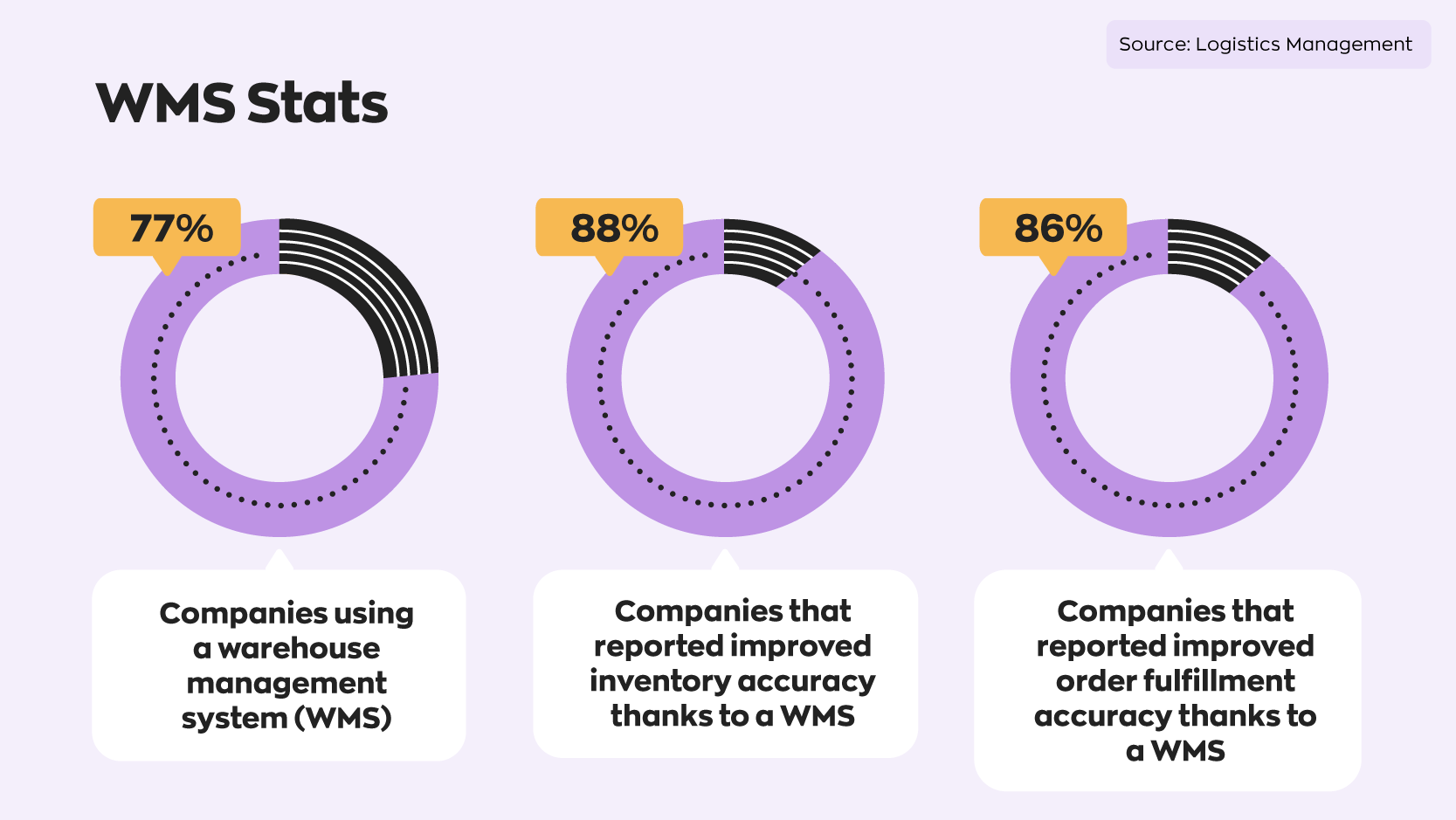In the ever-evolving landscape of healthcare, the integration of artificial intelligence has emerged as a transformative force aimed at enhancing patient safety and improving medical outcomes. Traditional medical practices, while grounded in human expertise and experience, are often susceptible to errors that can have serious consequences. With the rise of AI-driven diagnostics and clinical decision support systems, healthcare professionals are now equipped with tools that significantly minimize the risk of human errors, ensuring a more accurate and efficient approach to patient care.
The application of machine learning and predictive analytics in medicine is redefining how healthcare providers approach diagnoses, treatment planning, and disease management. Automated systems analyze vast amounts of patient data, including electronic health records, to identify patterns and offer real-time support to clinicians. This shift not only enhances diagnostic accuracy but also empowers medical practitioners to make more informed decisions, ultimately leading to improved patient outcomes. As AI continues to revolutionize medical imaging, drug discovery, and telemedicine, it paves the way for a future of precision healing where human error is increasingly minimized through the intelligent use of technology.
AI technologies are revolutionizing the field of medical diagnostics by enhancing the accuracy of disease detection and reducing human errors. Through advanced machine learning algorithms, AI systems can analyze vast amounts of medical data, identifying patterns and anomalies that might go unnoticed by healthcare professionals. This capability not only increases the precision of diagnoses but also ensures that clinicians are equipped with the most relevant and up-to-date information to inform their decision-making.

The integration of AI in medical imaging is a significant factor in improving diagnostic accuracy. AI-driven diagnostics can interpret images with high precision, often exceeding human capabilities. For instance, in radiology, AI tools have been shown to detect early signs of conditions such as cancer, allowing for timely interventions. The data processing power of AI enables real-time analysis, which contributes to prompt and accurate assessments, ultimately enhancing patient safety and outcomes.
Moreover, AI's role in clinical decision support systems further bolsters diagnostic accuracy. By evaluating patient data from electronic health records and incorporating predictive analytics, AI can assist healthcare providers in risk assessment and treatment planning. This integration not only helps in identifying potential medical errors but also streamlines clinical workflows, ensuring that healthcare professionals can focus on delivering high-quality care. As healthcare technology continues to evolve, the partnership between AI and medical expertise will redefine the standards of diagnostic accuracy in medicine.
The integration of AI-powered tools in healthcare has transformed error prevention strategies by enhancing diagnostic accuracy and streamlining clinical workflows. These advanced systems utilize machine learning algorithms to analyze vast amounts of patient data, leading to more precise medical diagnostics. By identifying patterns and anomalies within electronic health records, AI can provide healthcare professionals with automated alerts that flag potential issues before they escalate, ultimately reducing the likelihood of medical errors.
Predictive analytics plays a crucial role in patient safety, enabling proactive risk assessment and treatment planning. AI tools can forecast potential complications based on historical patient data and current health metrics, helping clinicians to make informed decisions. This anticipatory approach not only minimizes human errors but also improves healthcare efficiency by facilitating quicker and more effective interventions when issues are detected.
Moreover, AI-driven diagnostics extend beyond just data analysis to include advanced applications in medical imaging and robotic surgery. These technologies enhance medical expertise by assisting in disease detection and treatment optimization. With AI in radiology and pathology, healthcare providers can achieve greater precision, resulting in better patient outcomes. By utilizing AI in telemedicine and chronic disease management, the healthcare system can ensure real-time monitoring and continuous support, further preventing potential errors and improving overall patient care.
The integration of artificial intelligence in precision medicine holds great promise for enhancing patient outcomes and optimizing treatment strategies. As AI algorithms continue to evolve, their ability to analyze vast amounts of medical data will lead to more accurate risk assessments and personalized treatment plans. The evolution of machine learning models will allow healthcare professionals to process complex patient information effectively, facilitating better decision-making in clinical settings. This advancement in AI technology will help reduce potential human errors in diagnostics and treatment planning, ultimately enhancing patient safety and care quality.
Telemedicine and remote patient monitoring, driven by AI technologies, are set to transform how healthcare providers interact with patients. https://www.minorblog.com/how-ai-reduces-human-errors-in-medicine/ -time data collection and analysis through electronic health records and wearable devices will enable proactive disease detection and chronic disease management. By leveraging predictive modeling and automated alerts, healthcare teams can identify at-risk patients early, ensuring timely intervention and reducing the likelihood of medical errors. This shift towards digitally-centric healthcare workflows exemplifies the role of AI in improving healthcare efficiency and enhancing patient engagement.
Looking ahead, the future of medicine will see deeper collaboration between healthcare professionals and AI tools. As medical imaging and diagnostics become increasingly reliant on AI-driven analysis, the potential for improved diagnostic accuracy grows exponentially. Ongoing research in AI applications for drug discovery and clinical trials will further refine treatment optimization and healthcare innovation. Embracing these advancements in healthcare technology will pave the way for a new era in medicine, where AI not only aids in error prevention but also ensures that patient care is personalized, efficient, and compassionate.